DJ controllers are an all-in-one unit providing ease and convenience. Most DJ controllers allow a DJ to use computer software to mix tracks from up to four decks, all in a single unit. This allows the DJ to perform confidently, knowing that all the tools they need, such as volume controls, equalization, and effects, are at their fingertips.
Components of a DJ Controller
A DJ controller usually has a mixer section, deck controls, and performance pads. DJs can modify each track's volume, equalization, and effects using the mixer section, while the deck controls handle playback, cueing, and tempo changes. Performance pads add an extra layer of creativity, enabling DJs to trigger samples, loops, and special effects in real time. Additionally, DJ controllers come with a jog wheel, mimicking the feel of vinyl turntables. These responsive wheels allow DJs to manipulate the playback position and scratch, providing a tactile connection to the music. Many standalone DJ controllers also feature a built-in audio interface, eliminating the need for external sound cards and streamlining the setup process.
Advantages of DJ Controllers
One of the primary benefits of small DJ controllers is their portability and connectivity options. These gadgets frequently have USB connectivity, which allows them to be readily connected to laptop computers and other devices. Furthermore, several controllers support iOS and Android devices, broadening the variety of compatible platforms. Some controllers also contain dedicated microphone inputs, making them appropriate for events needing spoken announcements or MCing. The tiny and lightweight designs of most portable DJ controllers make them suitable for mobile DJs. Another advantage is that DJ controllers provide more functionality. They can load songs directly from the computer and have additional options to sync tunes from a hardware device. This enhances efficiency and provides access to an extensive repertoire of tracks, enabling DJs to curate diverse and dynamic playlists.
How to Choose a DJ Controller
Regardless of skill level, the chosen DJ controller significantly impacts the quality and versatility of performances. For beginners, beginner DJ controllers with user-friendly interfaces provide essential features without overwhelming complexity, facilitating a smooth learning curve. Intermediate and advanced DJs seeking to match their evolving skill set may opt for controllers with more extensive functionalities. Software compatibility is vital to ensure seamless integration with the DJ's preferred software platform. This compatibility guarantees access to a broader range of features, enhancing the overall performance experience. The setting for performances also influences the choice of a DJ controller. Portable mini DJ controllers are preferable for DJs on the move or those working in compact spaces, while larger controllers with additional features suit dedicated setups with more space. Evaluating the mixer section is essential, considering features such as EQ controls, volume faders, and effects options. Some controllers offer advanced mixer functionalities, including dedicated filter knobs, effects controls, and individual channel meters, allowing DJs to choose a controller that aligns with their mixing preferences and style.
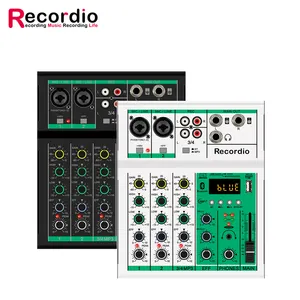






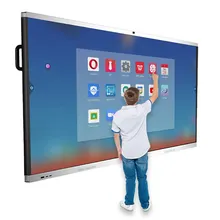




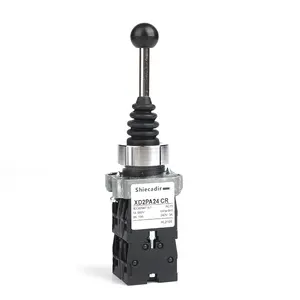



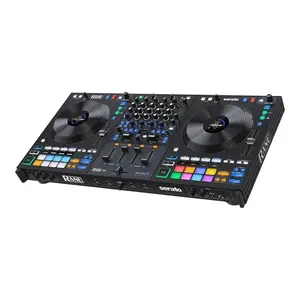




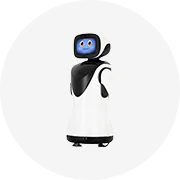


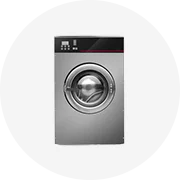












 浙公网安备 33010002000092号
浙公网安备 33010002000092号 浙B2-20120091-4
浙B2-20120091-4